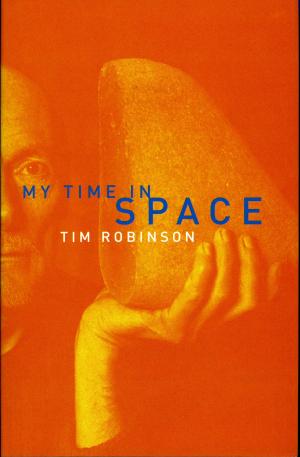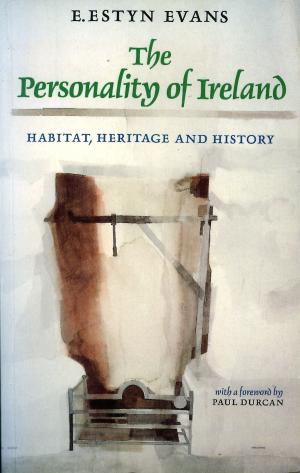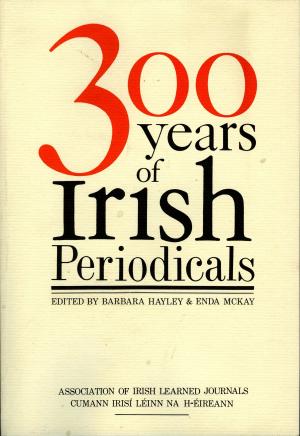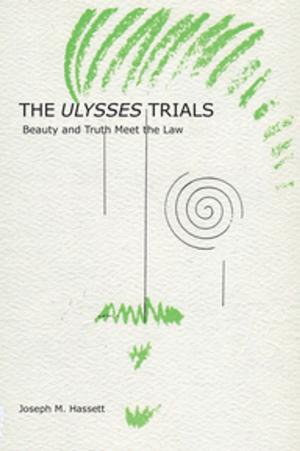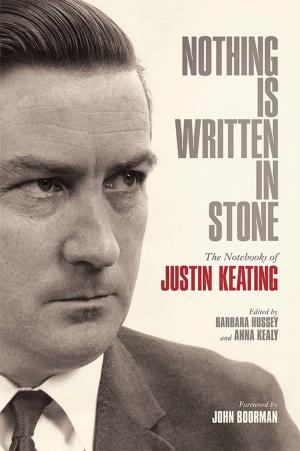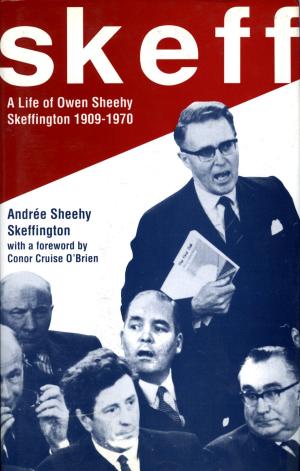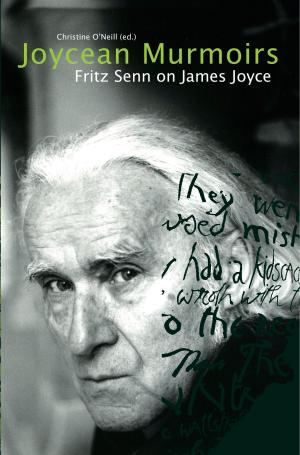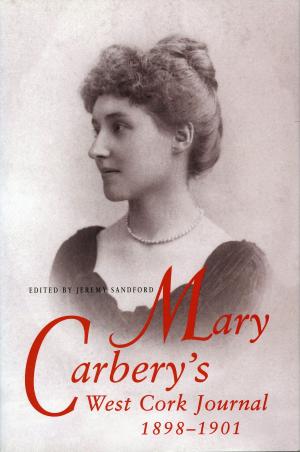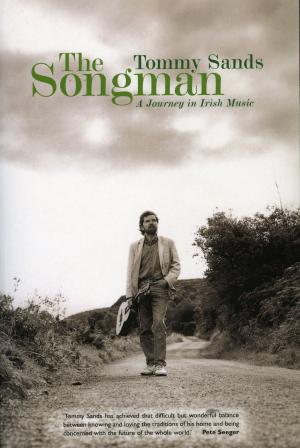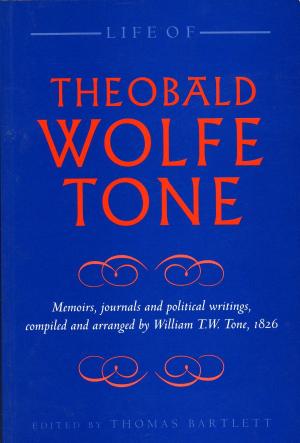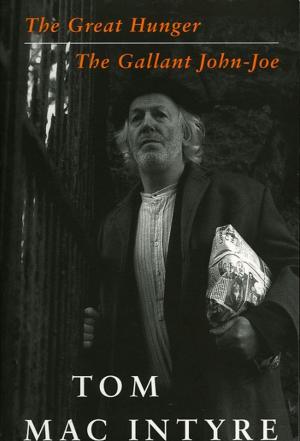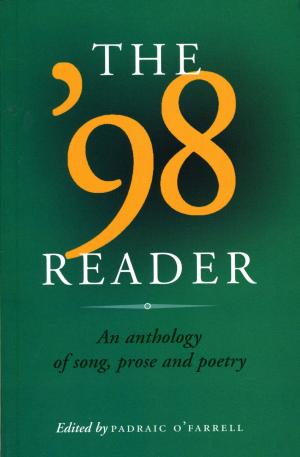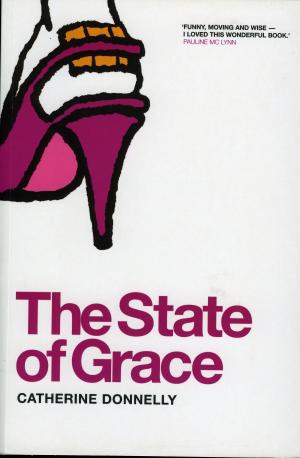Ireland and the Atlantic Heritage
Selected Writings
Nonfiction, Social & Cultural Studies, Social Science, Cultural Studies, Customs & Traditions, Anthropology, Biography & Memoir| Author: | Henry Glassie | ISBN: | 9781843514374 |
| Publisher: | The Lilliput Press | Publication: | April 18, 1996 |
| Imprint: | The Lilliput Press | Language: | English |
| Author: | Henry Glassie |
| ISBN: | 9781843514374 |
| Publisher: | The Lilliput Press |
| Publication: | April 18, 1996 |
| Imprint: | The Lilliput Press |
| Language: | English |
Henry Glassie, in his Foreword, describes Estyn Evans, the great geographer-historian of Belfast, as 'one in a tiny aristocracy of the mind who created the intellectual world we inhabit and whose writings will inspire scholars yet unborn'. This is manifest in the depth of knowledge and in the exhilarating grasp of detail and method to be found in Ireland and the Atlantic Heritage. A biographical memoir by Gwyneth Evans introduces the man and the work. Part I concerns the island of Ireland - its habitat and history, the relationship of the land to its occupants, the shaping of a country and its consciousness. Part II positions Ireland between the Old and New Worlds and contains Evans' pioneering essays on the pastoral experience of Atlantic Europe, the Pyrenees, the Scotch-Irish of North America. Part III focuses on Evans' beloved Ulster and its people: from Rathlin Island, Fair Head, Lammas Fair and Belfast, to the Mournes and Slieve Gullion. Part IV sketches with vivid particularity the folk customs and material culture of the province: harvest rituals; fields, fences and gates; the game of bullets in County Down; the observance of time; bird-song; and a tale from south-west Donegal. Part V includes affectionate pen-portraits of friends and colleagues in both academe and the countryside - John Clarke ('the potato king'), Geordie Barnett, Maisie Gaffikin, Rory de Valera, Adolf Mahr - as well as lighter, humorous pieces. Finally the Epilogue by John Campbell, with an accompanying bibliography, appraises and documents Evans' contribution to modern scholarship. Photographs and pen-and-ink drawings by the author illustrate the text. Like Lloyd Praeger, Carl Sauer and Fernand Braudel before him, Estyn Evans is one of the inspirational figures in the landscape of Irish and European studies. Lucid, witty, innovative and holistic, these selected writings testify to his enduring relevance in the late twentieth century. 'The value of Evans's work in the field of Irish folk-studies cannot be over-emphasized, and his books and the Folk Museum at Cultra will keep him before us for a very long time.' - Frank Mitchell 'Estyn Evans was a geographer who dared to step outside his discipline and set a headline for historians and others. His message was to emphasize for this country what has become common enough currency in some others: that unrecorded history, as in folk tradition, as in the study of artefacts in the past, as in the study of the effects of environment on the human outlook, were as important a study as the history of elites and documents.' - Douglas Gageby, The Irish Times 'These essays are both inspired and inspirational, the language ringing and rhythmical, with scholarly definitions in easy conjunction with vernacular speech. This is a book of enormous knowledge, of fascinating detail.' - David Hammond, Irish Independent
Henry Glassie, in his Foreword, describes Estyn Evans, the great geographer-historian of Belfast, as 'one in a tiny aristocracy of the mind who created the intellectual world we inhabit and whose writings will inspire scholars yet unborn'. This is manifest in the depth of knowledge and in the exhilarating grasp of detail and method to be found in Ireland and the Atlantic Heritage. A biographical memoir by Gwyneth Evans introduces the man and the work. Part I concerns the island of Ireland - its habitat and history, the relationship of the land to its occupants, the shaping of a country and its consciousness. Part II positions Ireland between the Old and New Worlds and contains Evans' pioneering essays on the pastoral experience of Atlantic Europe, the Pyrenees, the Scotch-Irish of North America. Part III focuses on Evans' beloved Ulster and its people: from Rathlin Island, Fair Head, Lammas Fair and Belfast, to the Mournes and Slieve Gullion. Part IV sketches with vivid particularity the folk customs and material culture of the province: harvest rituals; fields, fences and gates; the game of bullets in County Down; the observance of time; bird-song; and a tale from south-west Donegal. Part V includes affectionate pen-portraits of friends and colleagues in both academe and the countryside - John Clarke ('the potato king'), Geordie Barnett, Maisie Gaffikin, Rory de Valera, Adolf Mahr - as well as lighter, humorous pieces. Finally the Epilogue by John Campbell, with an accompanying bibliography, appraises and documents Evans' contribution to modern scholarship. Photographs and pen-and-ink drawings by the author illustrate the text. Like Lloyd Praeger, Carl Sauer and Fernand Braudel before him, Estyn Evans is one of the inspirational figures in the landscape of Irish and European studies. Lucid, witty, innovative and holistic, these selected writings testify to his enduring relevance in the late twentieth century. 'The value of Evans's work in the field of Irish folk-studies cannot be over-emphasized, and his books and the Folk Museum at Cultra will keep him before us for a very long time.' - Frank Mitchell 'Estyn Evans was a geographer who dared to step outside his discipline and set a headline for historians and others. His message was to emphasize for this country what has become common enough currency in some others: that unrecorded history, as in folk tradition, as in the study of artefacts in the past, as in the study of the effects of environment on the human outlook, were as important a study as the history of elites and documents.' - Douglas Gageby, The Irish Times 'These essays are both inspired and inspirational, the language ringing and rhythmical, with scholarly definitions in easy conjunction with vernacular speech. This is a book of enormous knowledge, of fascinating detail.' - David Hammond, Irish Independent

